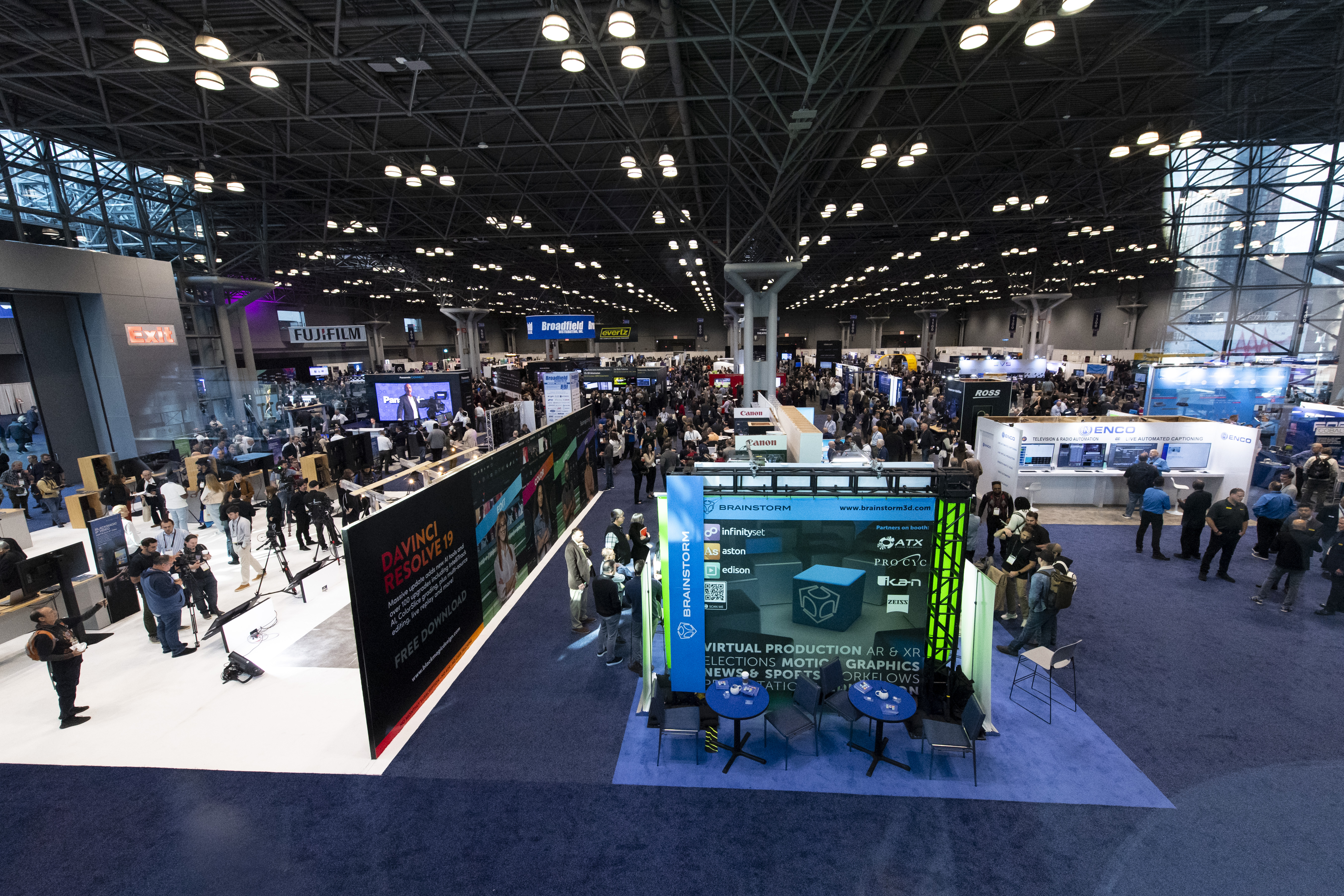OS X, My New Best Friend
Criticizing anything Apple in print is a little like wearing your raccoon coat to an animal rights convention - you can expect to be hunted down and harassed mercilessly, irrationally, for a long, long time afterwards.
Please don't hurt me. I'll take the oath of allegiance: Yes, it's the most ingenious computer ever created. Yes, the gorgeous user interface shows up the Windows desktop for the pedestrian trash it truly is. No, no one could ever want a more stable, fully featured combination of clever software and blazing hardware. Now, put down those pitchforks, folks.
MAKING A LIVING
Well, as long as you ask, I have had a few gripes over the years. The praise was, for the most part, sincere ... a classy, clever system, but only marginally suited to earn one's daily bread. (Audible gasp.) All right, maybe the Quark and Photoshop set could get by, but once you started to add hardware or even slightly aggressive software, the party's over.
That's mostly because of an arrogant, mother-knows-best attitude - one that decreed that you and I aren't qualified to know what "an error of Type 11" is. An attitude which barely tolerated the use of third-party software and which couldn't understand why anyone would ever want to add hardware to an already perfect machine.
But today, finally, I can hold my head up high in the presence of Mac devotees. From this day forward, I'm heartily in favor of Macs in video production and I owe it all to OS X. I've even learned to say it correctly nearly every time, which is tricky - that capital letter, Roman numeral stuff throws me. It's "ten," not "X."
I've loaded up one or two G4s with dual OS partitions and from what I've seen, OS X runs well. Sure, we've got some driver issues to sort out here in the early days, but OS X is fundamentally a mature, stable platform that you can base your livelihood on. I'll bet that the reason it's stable is 'cause its underpinnings are rooted in UNIX, but I promise not to bring that up too often.
Is it perfect? No, of course not. The GUI is loaded with goodies that extend the luscious Macintosh look and feel - high-overhead technologies like Aqua, which adds soft-shaded graphical buttons and dissolves. The interface is extremely cool, without a doubt; still, it's hard to rationalize the fact that OS X runs sluggishly on Mac G3 and older G4 machines while its UNIX-cloned cousin, Linux, runs on a wide range of junkers and cast-offs.
But you can look under the hood, beyond the pretty GUI, by opening a shell or console window, where command-line control of almost anything is possible. Of course, just like my old Pontiac, once you've got the hood open you can do all sorts of damage by yanking on hoses and wires you know nothing about - but that's a small price to pay for a real, no-excuses operating system.
MULTI MEANS MORE
Maybe the most exciting part of the OS X changeover is the software, which benefits from OS X's true multitasking core. Multitasking is a cornerstone of UNIX systems and Windows NT's ability to manage multiple processes motivated a large part of the NT push several years ago. With OS X, Mac applications join the ranks of the rich and powerful.
In our little shop, Adobe AfterEffects is one of our prime bread-and-butter apps, used in some measure in almost everything we work on. Version 5.5 - released in January - added several new features, which was great, but the big bang came from OS X, leveraging that multitasking thing. Yes, it seems to run noticeably faster - but the best part is that all activity doesn't come to a screeching halt when you check your mail.
And speaking of Adobe, we've been anxiously awaiting the release of Photoshop 7, the first OS X version for that venerable product. Photoshop is the ultimate tool for bitmappers like us and a powerful OS X version is a truly exciting prospect. We have seen, though, that the plug-in community for AfterEffects has been slow to issue new OS X versions and I suspect that third-party Photoshop plug-ins won't be fully updated for a long time to come.
PRICE OF PROGRESS
There's also a scary side to the OS X migration. Media 100 has announced that the next version of its Mac-based nonlinear editor will make the switch to OS X - that's good news. The scary part comes when the rest of the hardware and software tries to follow along, only to find compatibility issues with "legacy" devices and drivers. "Legacy" usually translates to "antique," at least in the minds of developers and designers, and it seems to suggest that you may find about 200 GB of my disk drives sitting out at the curb one fine June morning.
The drives run at UltraWide speed and today's Ultra3 SCSI cards have a rough time slowing down enough for them. However, my Ultra2 SCSI controllers aren't supported under OS X; they're not sufficiently state-of-the-art. And did I mention the new OS X-compatible RAID software I'll need to buy? Multiply these conflicts by the number of major systems in a nonlinear suite and you'll soon realize that the only solution is to trash it all and equip a brand-new system with today's technology from stem to stern. Rats.
Still, new is good. I'm committed to making the switch. I just need to line up enough clients to pay for all the unseen costs lurking in the infrastructure.
The professional video industry's #1 source for news, trends and product and tech information. Sign up below.
